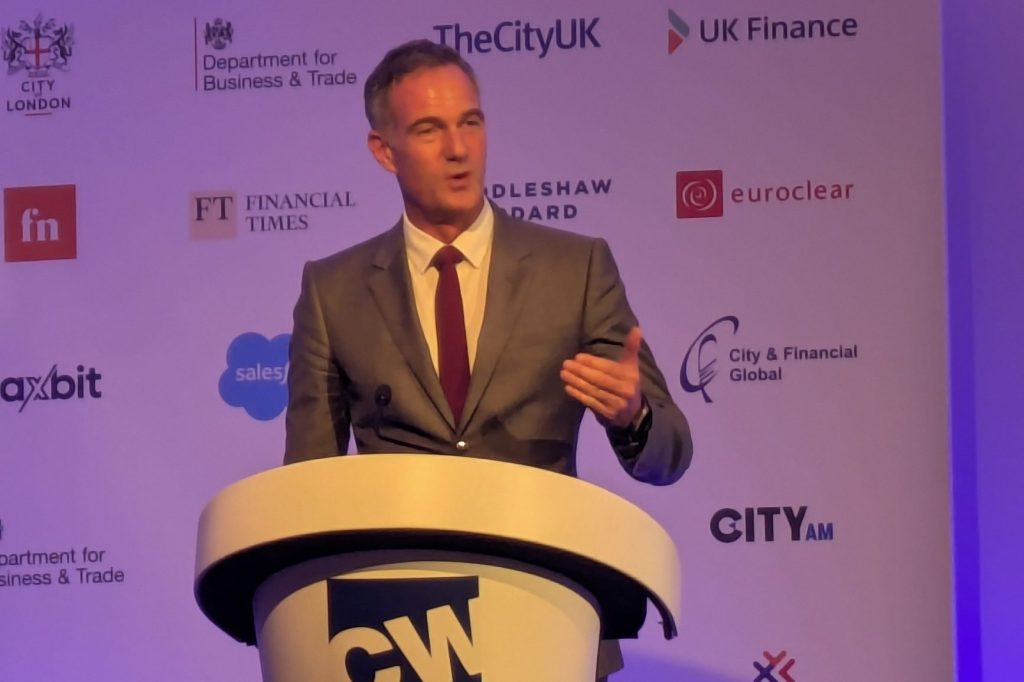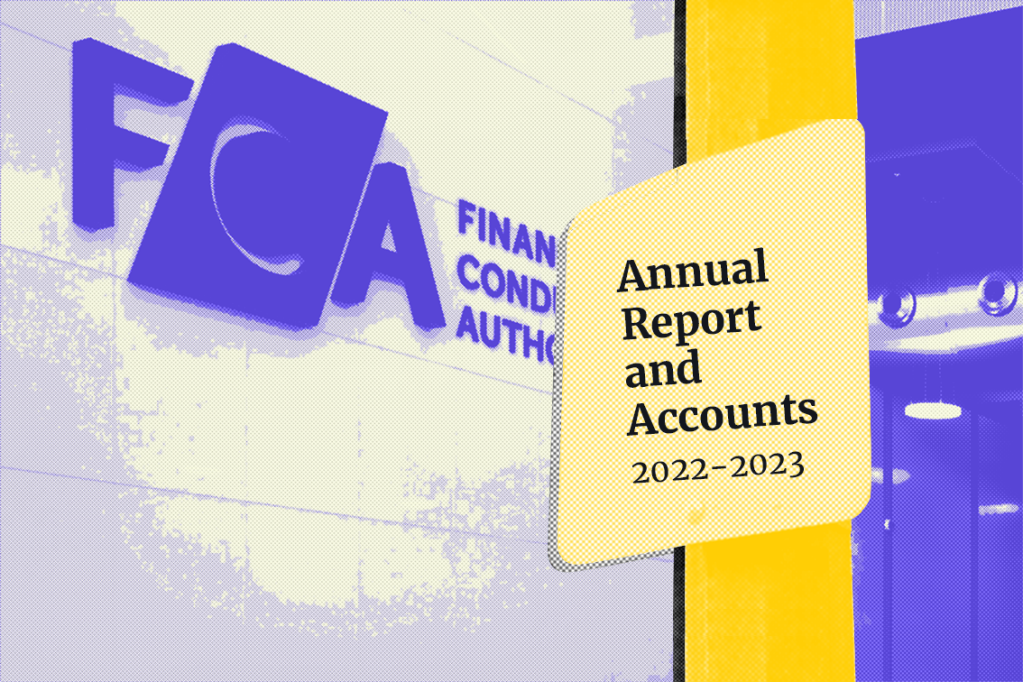The FCA’S Annual Report and Accounts for 2022/23 have been published against the backdrop of what Ashley Alder, the new FCA Chair, calls a “tighter economic cycle.” While there is no doubt that this will result in pressure on markets and consumers, the resourcing of the FCA is not exempt.
The Board has agreed on 13 priorities, of which only four will receive additional resource. This includes reducing and preventing financial crime, but “putting consumers’ needs first”, an aspiration obviously connected to the new Consumer Duty, appears at the top of the list.
The new Chair signals his concern about the FCA’s “unusually broad remit”, which is now “covering consumers, the City and everything in between”. This, along with financial and technology innovation, economic headwinds and geopolitical tensions, will undoubtedly lead to tough choices needing to be made regarding the deployment of finite resources.
Questions over remit and funding
Our regulatory expert, Rob Mason, suggests that the breadth of the FCA mandate and what the regulator takes responsibility for is a growing concern not only within the FCA, but also within regulated firms. He suggests that “one of the key themes remains the questions around whether the FCA in its present guise is fit for purpose to supervise wholesale markets as well as a broad consumer agenda exceeding 50,000 firms”.
Mason also believes that the FCA’s funding model is ripe for a review and that “raising fees for the population being regulated by the FCA is an option that should be seriously considered, particularly at a time when banks are recording record profits, but the last material rise in fees occurred a decade ago”.
But he expressed concern about the impact that potentially lower funding might have on the FCA staff: “While media focus on people and compensation appears to have dissipated, the fact that 75% of the workforce get zero bonus on top of a generally less well-paid population is also alarming, raising questions around sustainability, particularly when the cost of living is at present levels.”
Other activities mentioned in the report that highlight the FCA’s changing role include:
- the scanning of 100,000 websites per day in an attempt to monitor for unlawful activity; and
- continuing work on ESG disclosure, pricing, reporting and stewardship.
Both once again point to a regulatory mandate that has, in recent years, continued to change in favour of the consumer with, for example, “trust and consumer protection” mentioned as a key ESG priority outcome.
Amongst other developments that the report draws attention to as highlights of year one of the FCA’s three-year plan are:
- the Consumer Duty;
- a strengthened authorisations process, which is seeking to limit bad actors;
- digital sandboxes and tech upskilling generally;
- public protection from scams and other fraud; along with
- a plethora of new issues such as crypto regulation, non-banking institutions as well as ESG.
One item worth noting is within the section covering what has been done in “Delivering assertive action on market abuse”. The FCA here indicates that its new Market Surveillance system went live in July 2023. This is the replacement of Nasdaq SMARTs with OneTick, an enterprise offering provided by OneMarketData, as the FCA’s surveillance engine. In the intangible assets section of the report, however, this new system is listed in connection with the net carrying amounts of “work in progress”, and it will be interesting to observe when and if a change is noticed by regulated firms in connection with it.
Software and technology
On a related note a number of the FCA’s internally created software applications are nearing their end of useful life and investment in software and technology is likely to take up a higher proportion of the FCA’s budget, especially because technological innovation is one way of improving performance against the backdrop of a stretched workforce and the finite resources already noted.
The report makes some mention of maintaining UK competitiveness through both the Primary Market Effectiveness Review and Wholesale Markets Review (secondary markets), as well as Asset Management and Fund regime review, though evidence of tangible actions resulting from these efforts is presently meagre.
Overall this is a report well worth reading with plenty to mull over and very clear evidence of the many existing challenges that the FCA must deal with. According to Mason, when you “add in an environment which is evolving even faster than usual, with significant economic headwinds, this all leads to an overall picture that does not seem especially positive for the UK’s primary conduct regulator” and asks whether “now might not be the right time for a change?”
















